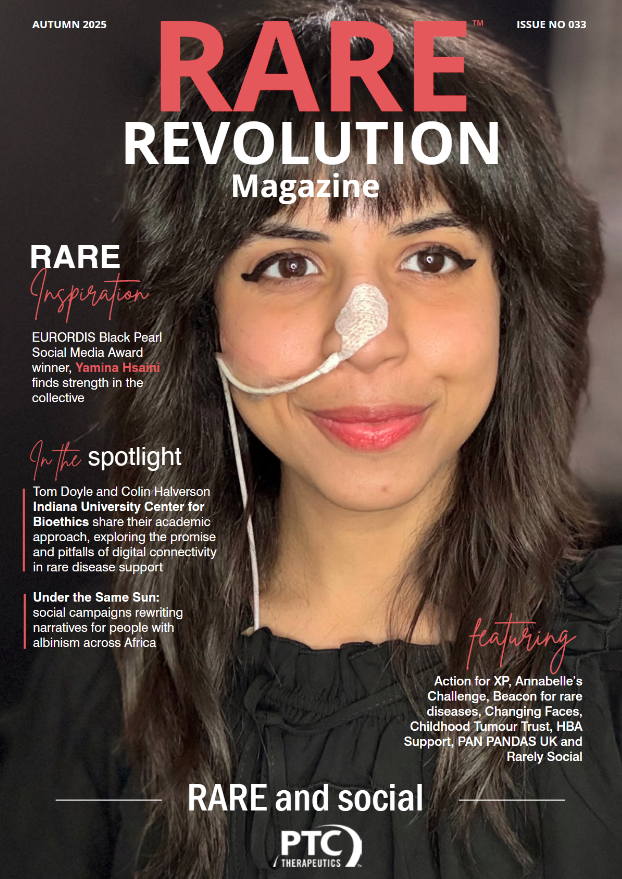READ, LEARN, SAVE, PRINT & SHARE
Top 10 Tips for RARE Healthcare Providers
Top Tips for RARE Healthcare Providers
Top Tips for RARE Healthcare Providers
1 CHECK
Ask parents/guardians if they are
comfortable having discussions with their
child present. They may have questions they
simply don’t want to ask at this stage in
front of their child
2 LISTEN & LISTEN AGAIN
Help parents to feel that their opinions,
experiences and information are valued. They
are also an expert in the room so take time to
listen to their research, observations, and
questions. You may both learn from each
other on this journey
3
COMMUNICATE
Be clear – be understood. Medical terminology is
great but take the time to explain this terminology
to your patient and explain its context in their or
their child’s care. Think also about appropriate
language. Do you need a translator or
sign-language interpreter?When talking with
children, would social stories, visual timetables or
mind maps help?
4
BE HONEST
Honesty is vital in building trust. This means
sometimes admitting that you don’t know the
answer. Be transparent about research and its
future for your patient, research gives hope, and it
is your role to manage expectations while allowing
patient to know their cause is not forgotten about
5
UPDATE
Silence can be alarming and frightening, and
make patients feel lost. Keep patients up to
date, even if it is to say you are still waiting or
working on the answers. This can go a long
way in alleviating anxiety which is experienced
by many living with rare disease
6 SIGNPOST
Direct your patients to support groups
and resources for extended reading.
Patients almost universally crave
information, make it your responsibility
to guide them to reliable sources
7 COORDINATE
RARE families typically attend
appointments with various consultants
of which you are one, often telling and
retelling their story. Try to work to
coordinate appointments and locations
to minimise financial/time stresses of
attending appointments. Know your
patient – remove the need for retelling
8 COLLABORATE
There is a wealth of information and
content held by clinicians, support
groups and patients. Collaboration and
the bringing together of this information
is vital in providing families complete
information – collaboration is key!
9 RECAP
Patients are absorbing a lot of
information in any appointment. Be
sure to recap, encourage note-taking,
and follow up in a few days to ensure
vital information is understood and any
emerging questions don’t have to wait
until the next appointment
10 SUPPORT
Living with RAREcan be extremely
isolating, and your relationship with
your patient is more important than you
realise!
Treasure exceptions


